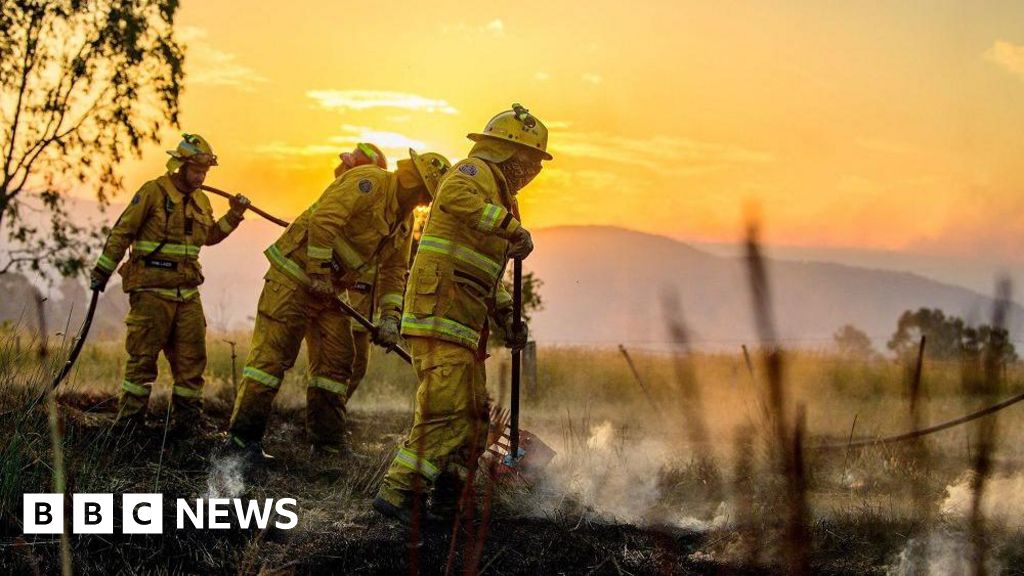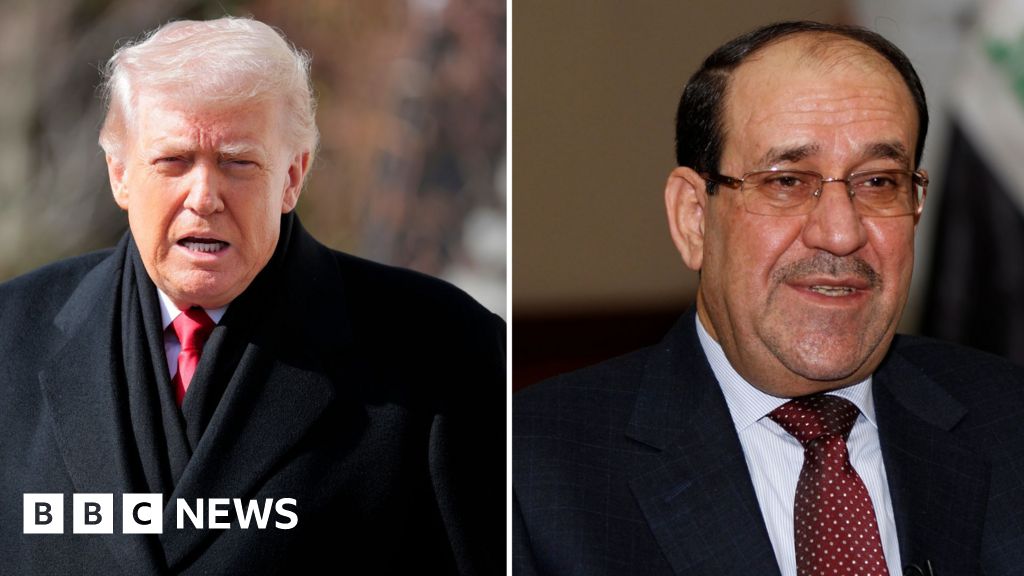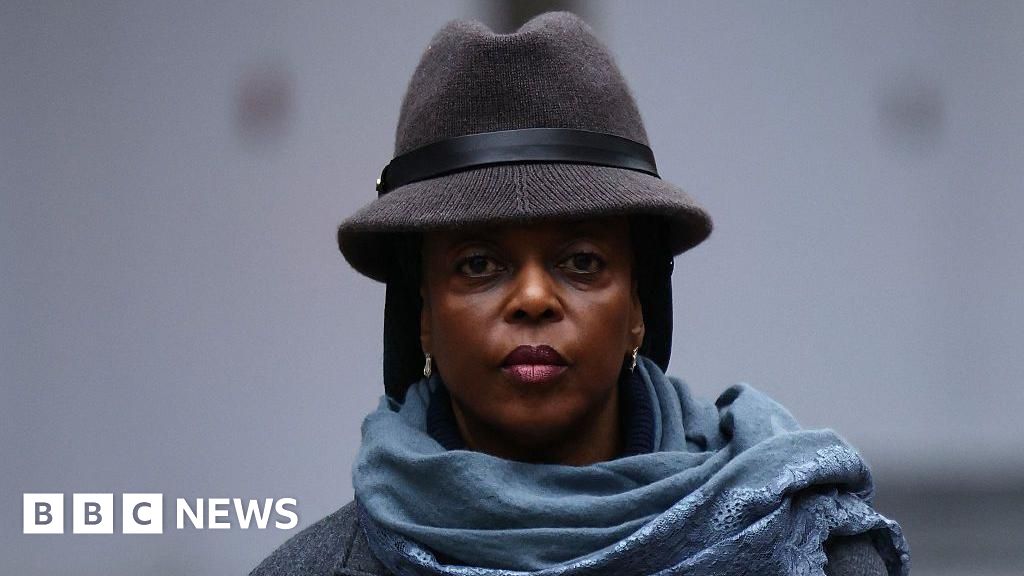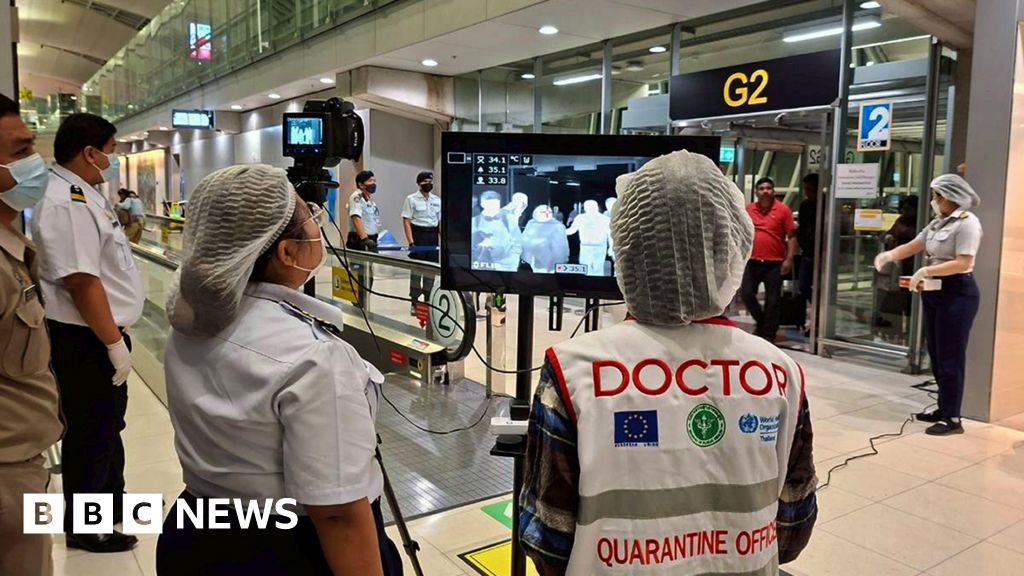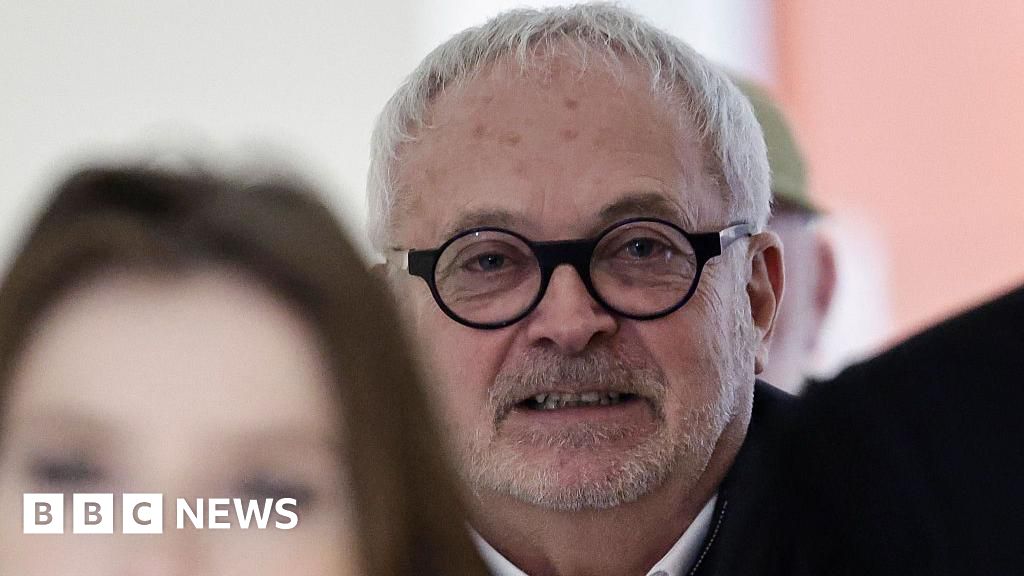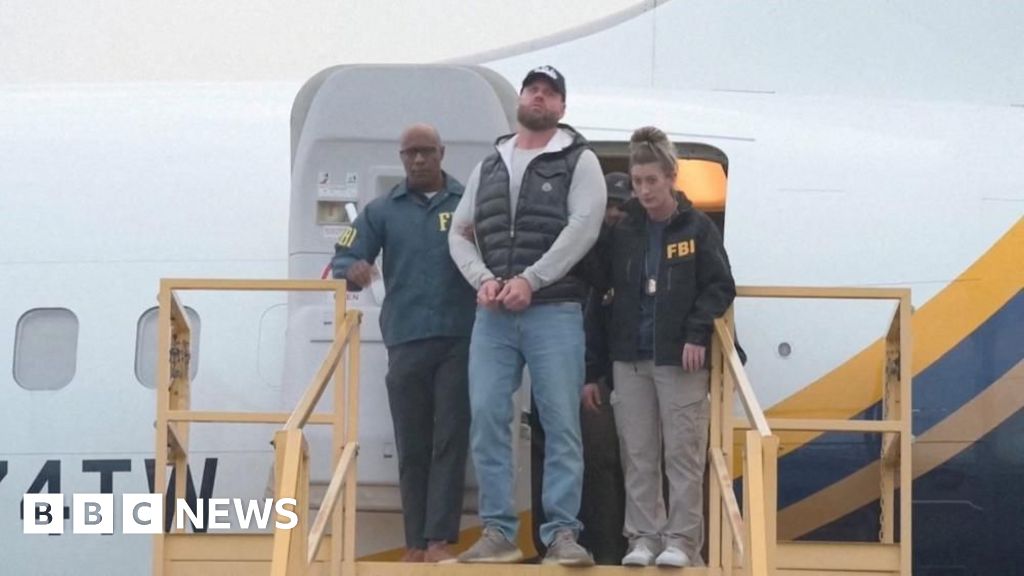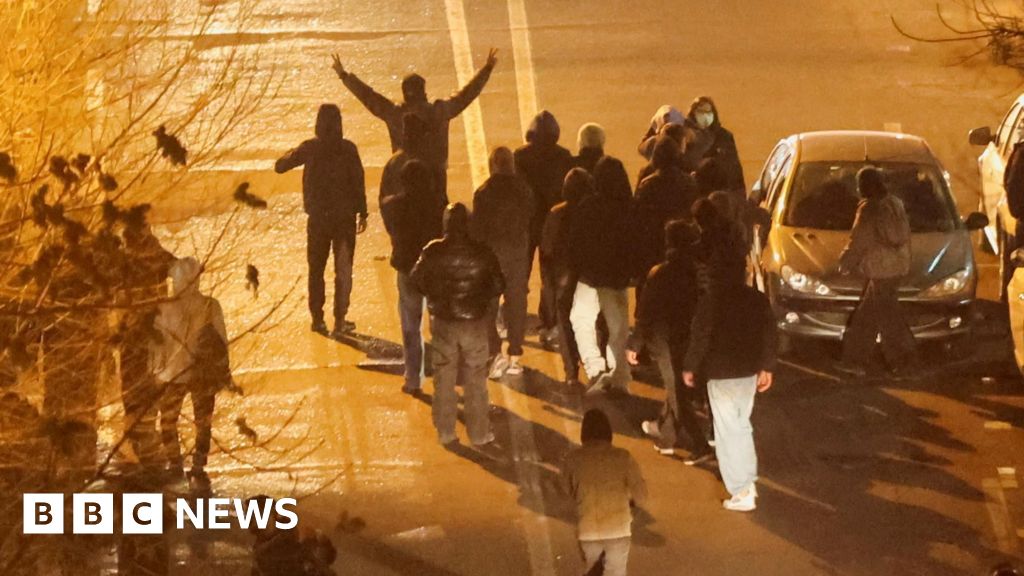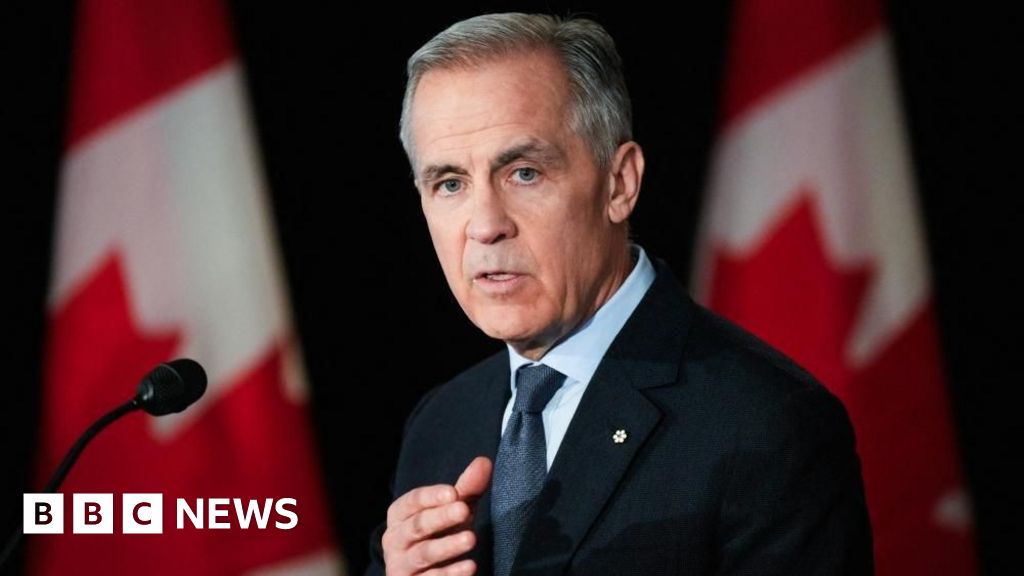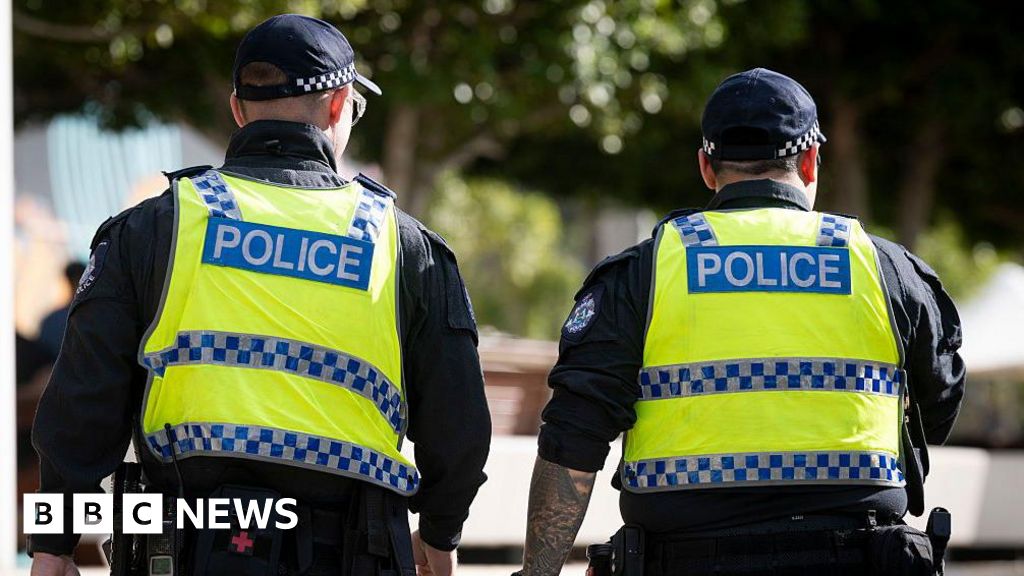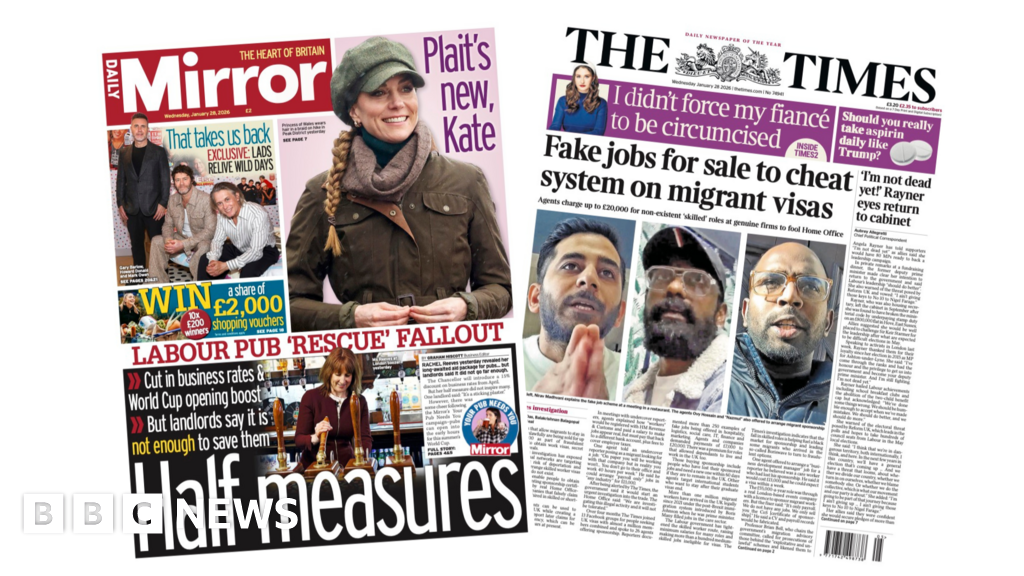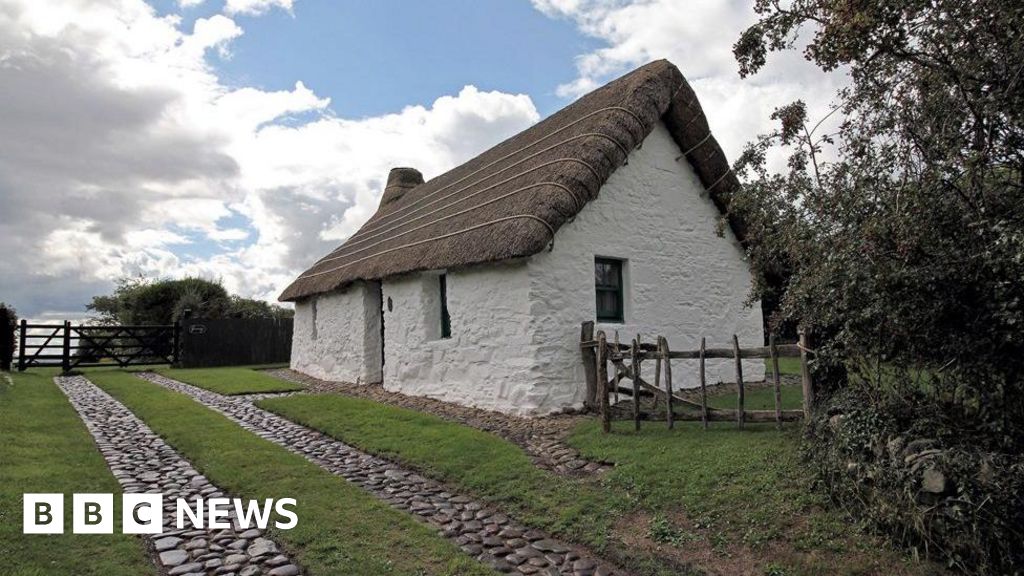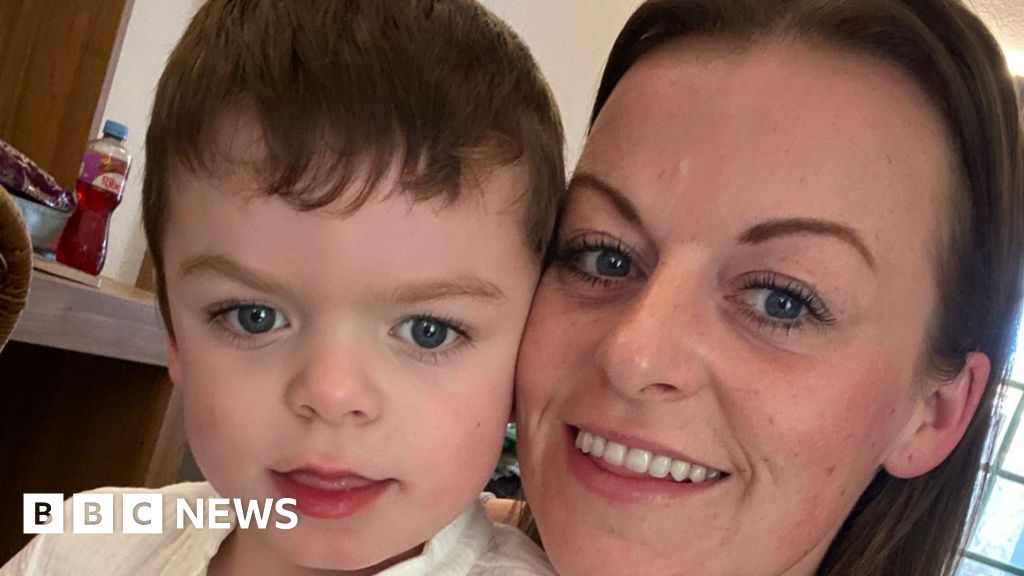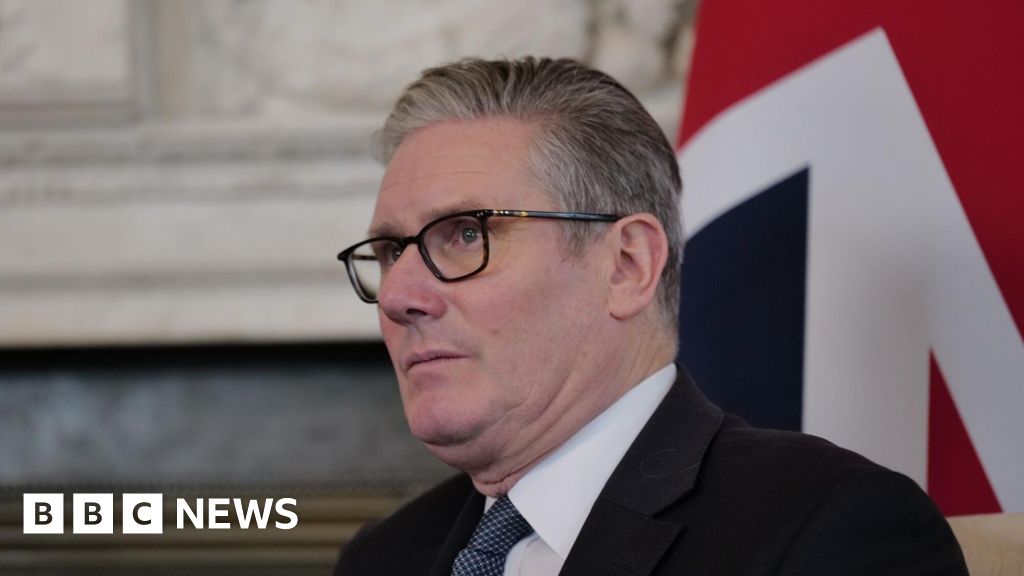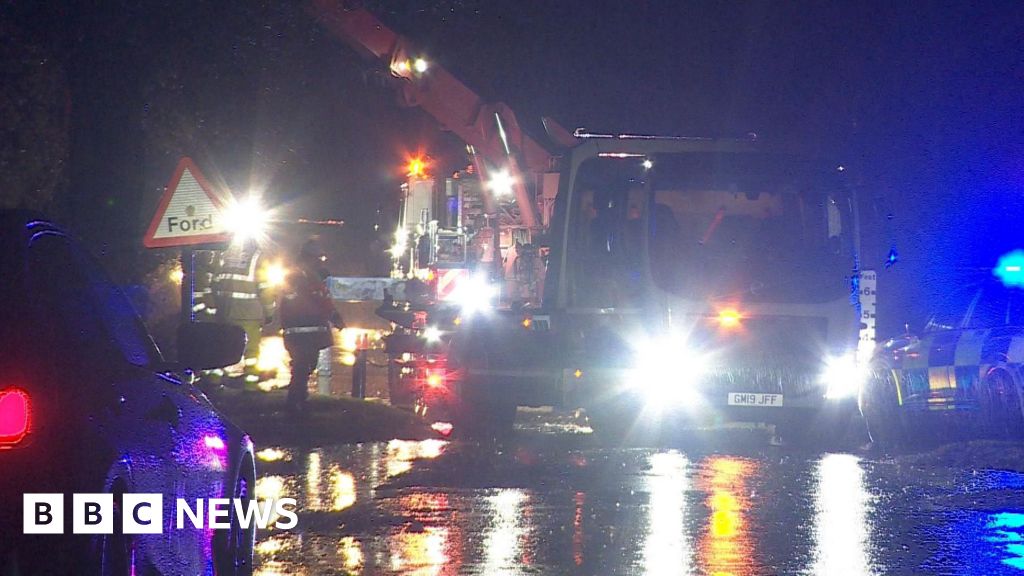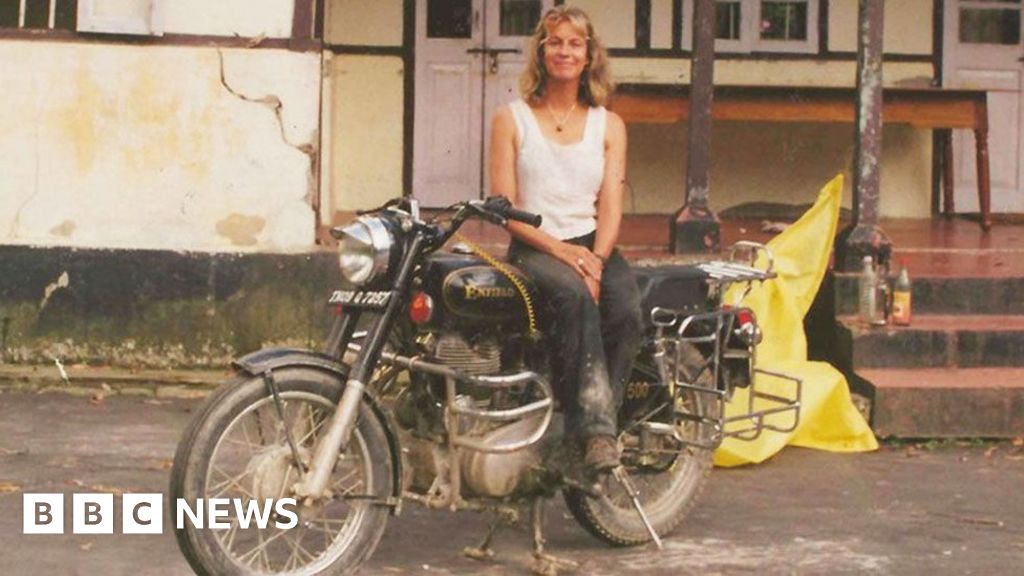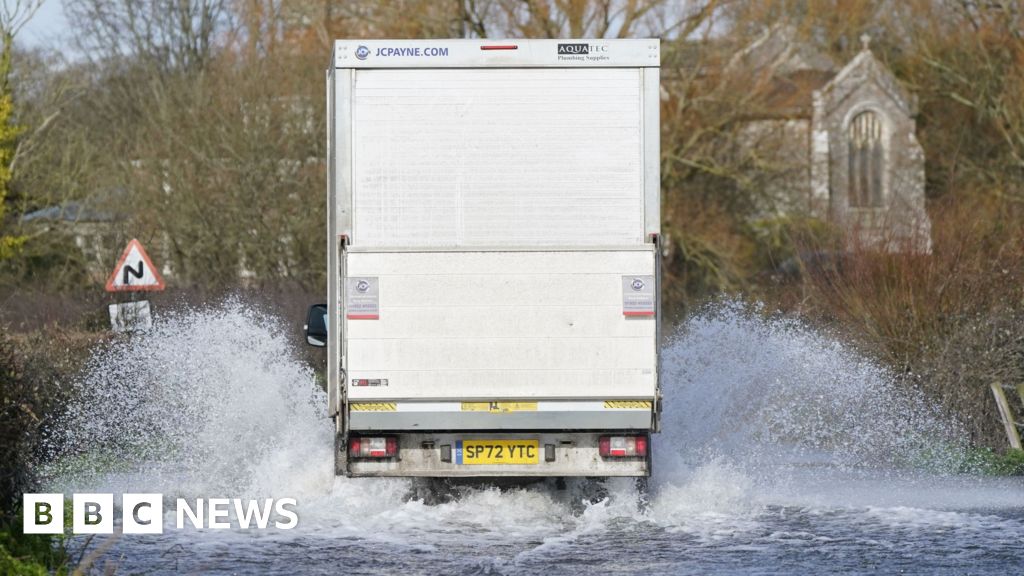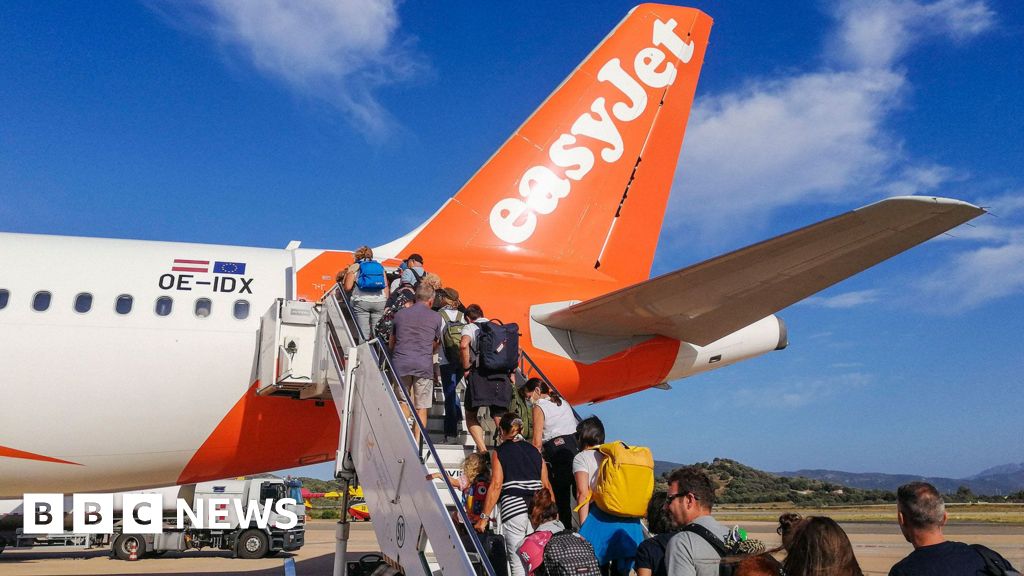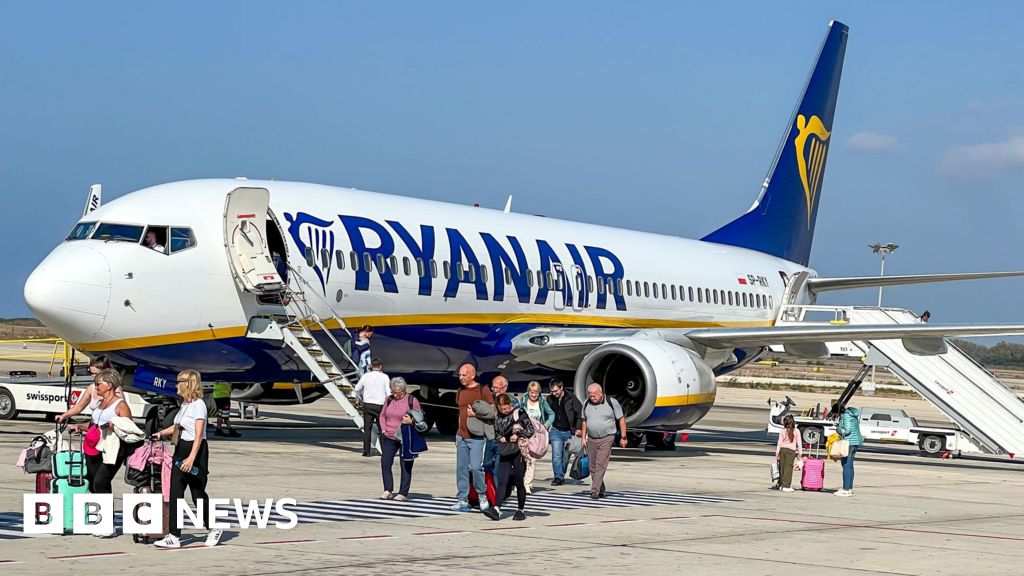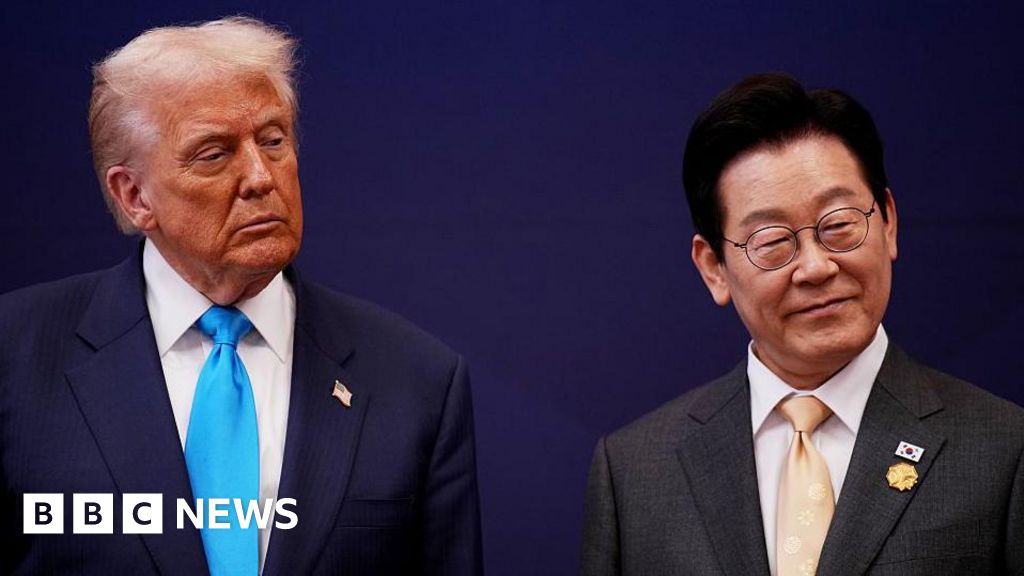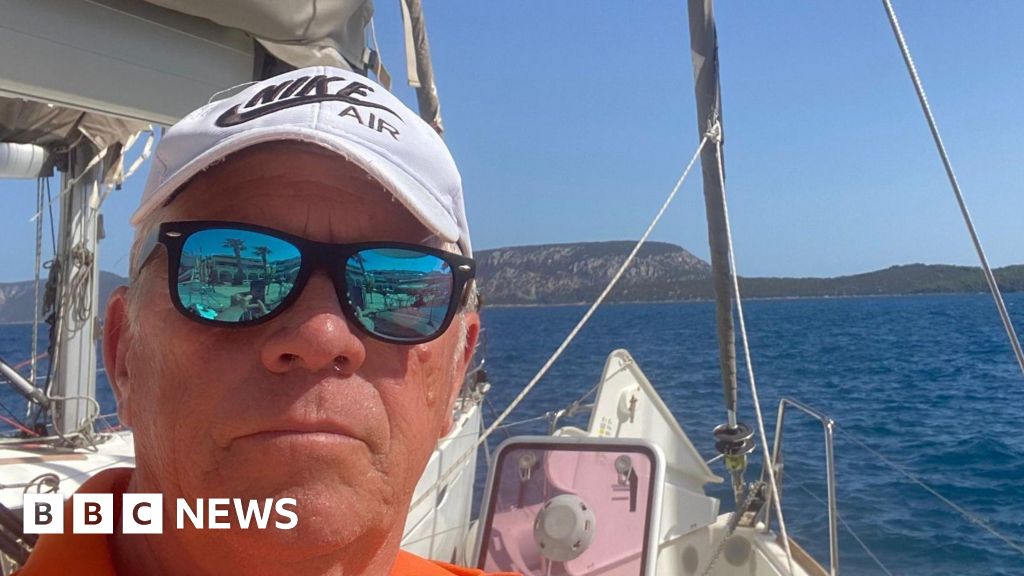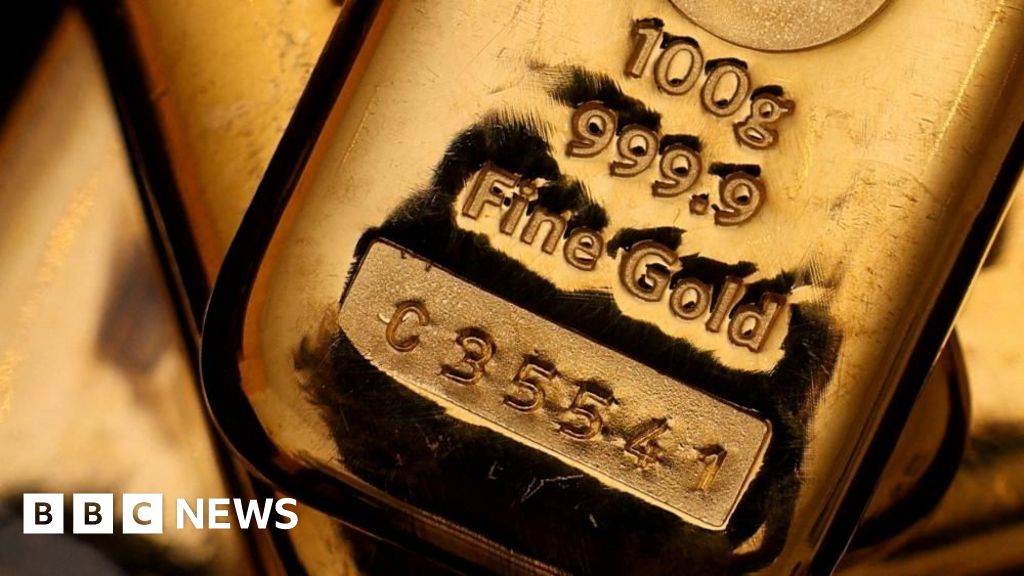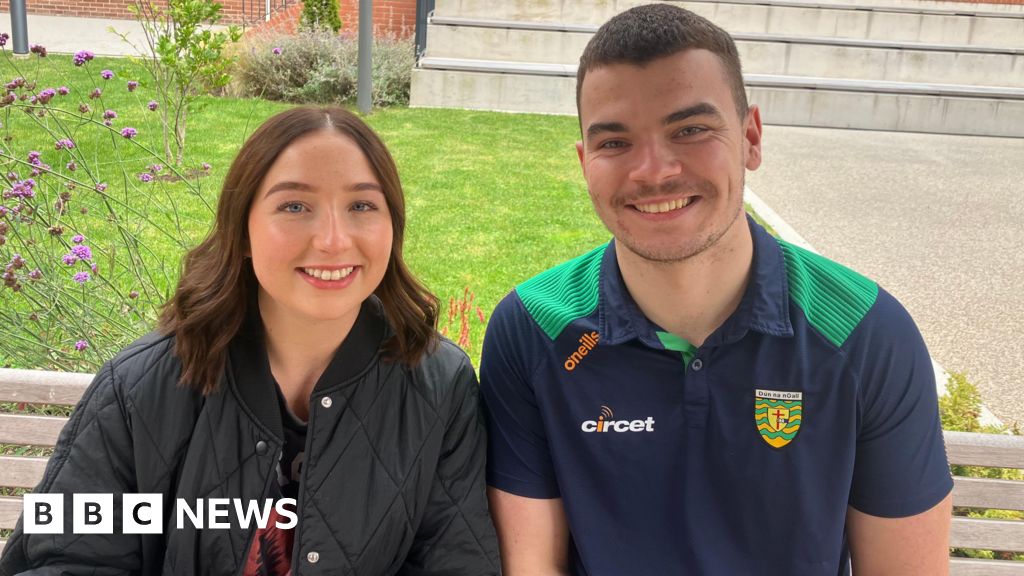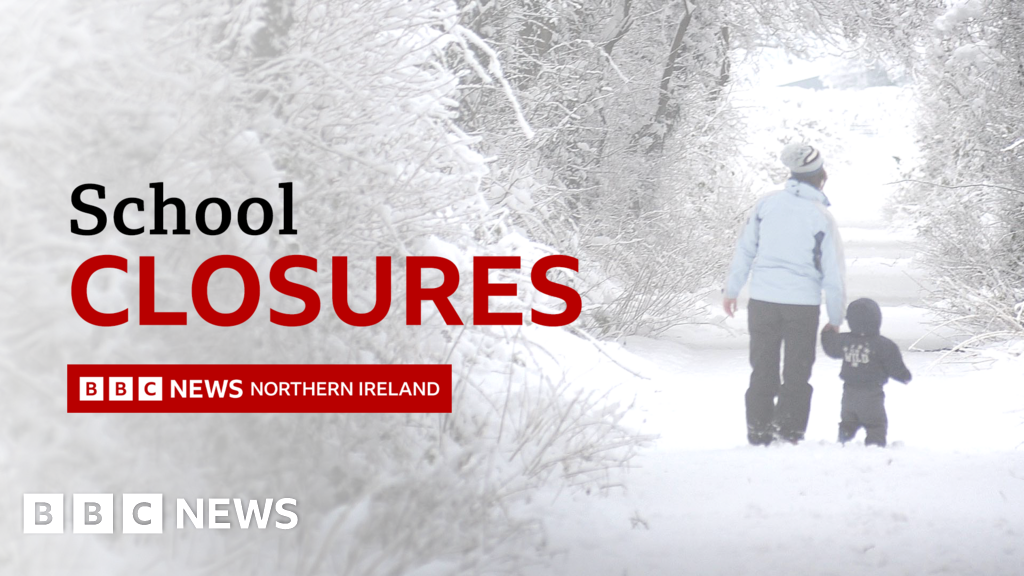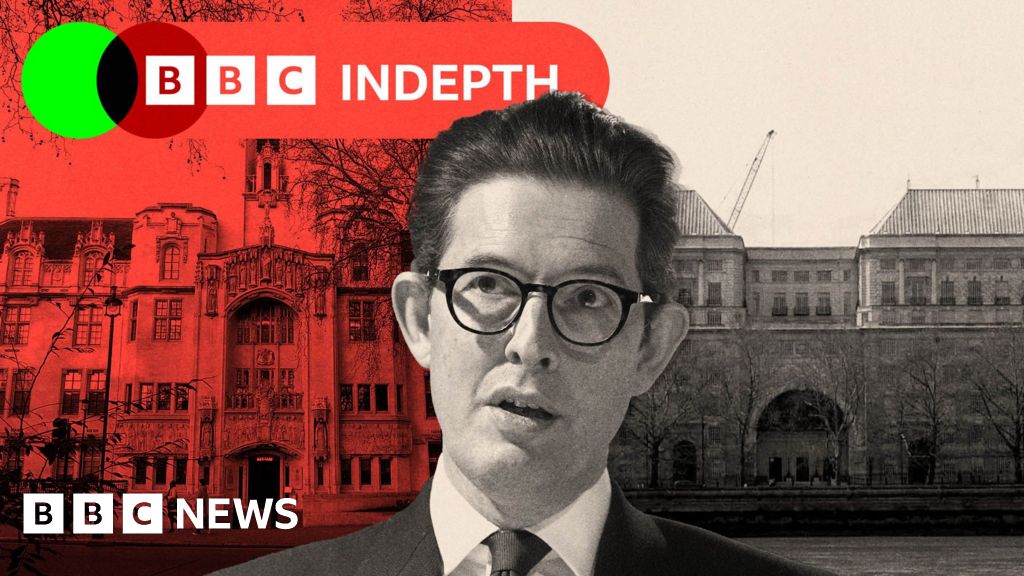Robbie MeredithEducation and arts correspondent, BBC News NI
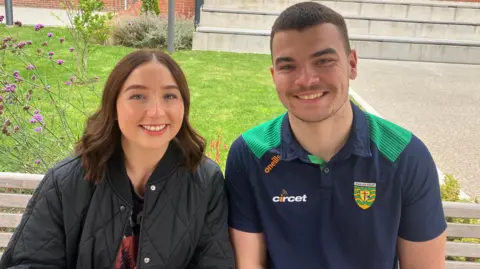 BBC
BBCStudents in Northern Ireland set to teach in Irish language schools and maths, science or technology subjects are to have their tuition fees paid.
Some will also receive £1,000 a month towards their living costs while they study.
It is hoped the move will address a shortage of teachers in maths, chemistry, physics, technology, computing and design and Irish medium education.
“It’s a shame we don’t have it sooner, but I’m glad that it is happening,” said Eimhear O’Neill who is studying for a PGCE in Irish medium education at St Mary’s University College Belfast.
All students who receive the bursaries are expected to teach in schools in Northern Ireland for at least two years after graduating, according to the Department of Education (DE).
The bursaries were announced by Education Minister Paul Givan.
It is the first time such a scheme has been introduced in Northern Ireland.
Students taking a four-year undergraduate education degree in maths, and technology and design, will have their tuition fees paid for the duration of their course – about £5,000 a year or £20,000 in total.
Those taking a one-year Postgraduate Certificate in Education (PGCE) in Irish medium education, maths, chemistry, physics, information technology or technology and design will have their fees paid and also receive a one year bursary of £12,000 towards living costs – funding of more than £17,000 for their year of study.
Students take a PGCE to enable them to teach after they complete their undergraduate degree.
The payments are due to take effect in September 2026.
Recruitment
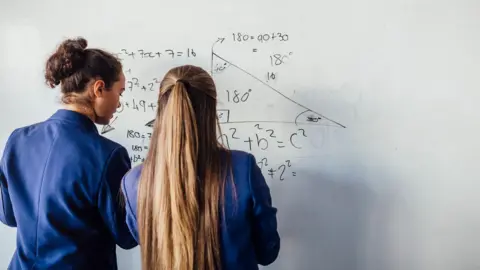 Getty Images
Getty ImagesSome schools in Northern Ireland have reported difficulty in recruiting maths, science or technology teachers.
The education minister said the bursaries aimed to tackle teacher shortages in critical subjects.
Givan also said it represented a “strategic investment in our education system and economy” and would safeguard science, technology, engineering and maths (STEM) subjects.
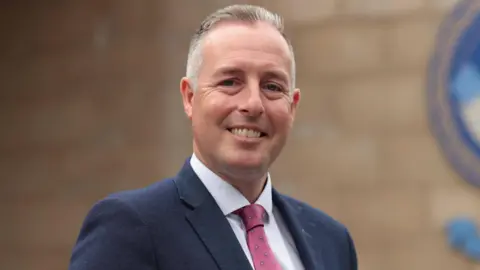 PA Media
PA MediaGivan told BBC News NI when he spoke to school principals they said they indicated a real challenge in trying to recruit specialist teachers in the subjects that we are now supporting” and it is difficult to recruit and “retain teachers” in these subjects.
He added in the private sector teachers can “earn significantly higher in terms of their potential earnings”.
“That’s why we have been seeking to address teachers’ pay,” he said.
The education minister added that providing the bursary should make the subjects “attractive” and try to “incentivise young people” into them.
“When you don’t have the teacher who specialises in the subject then you are not going to get the same quality of teaching that we need,” he said.
‘Really important’
The shortage of Irish medium teachers at secondary level has been highlighted by the Irish medium sector several times, despite the number of pupils in Irish medium education continuing to rise.
Eimhear O’Neill and Luke MacDaibheid are both studying for a PGCE in Irish medium education at St Mary’s University College Belfast.
Ms O’Neill says she thinks it is “really important” to encourage young people to follow down the route she has.
“There is a decline in Irish language teachers and it is really important that the funding is there to support the teachers.”
“I’m excited for it to start,” she added.
“More numbers will mean more students learning the language,” Mr MacDaibheid said.
“It puts less stress on the DE to look for these teachers.”

